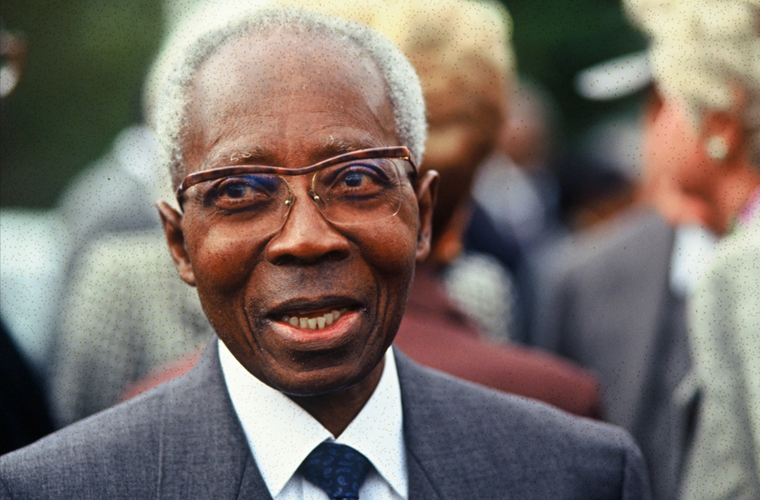Leopold Sedar Senghor (1906-2001) was a Senegalese poet, philosopher, and politician who played a significant role in the intellectual and political life of Senegal and Africa as a whole. He is best known for his philosophical concept of “Negritude” and his contributions to Francophone African literature. Senghor was born on October 9, 1906, in Joal, Senegal, which was then part of French West Africa. He grew up in a Catholic and prosperous Serer family and received a French education. Senghor later traveled to Paris to pursue higher education, where he studied philosophy and became involved in literary and political circles.
In the 1930s, Senghor co-founded the Negritude literary and cultural movement along with Aimé Césaire from Martinique and Léon Damas from French Guiana. Negritude aimed to celebrate and affirm the value of Black culture and heritage and combat the dehumanizing effects of colonialism. Senghor’s poetry, deeply rooted in African traditions, explored themes of identity, race, and the African experience.









Senghor’s works, such as his collection of poems titled “Chants d’ombre” (Songs of Shadow) published in 1945, gained international recognition and helped establish him as a leading figure in African literature. He also became politically active, advocating for the independence of African nations and promoting African cultural identity.
In 1960, Senegal gained independence from France, and Senghor became the country’s first president, serving until 1980. As president, he pursued a policy known as “African Socialism,” which sought to blend traditional African values with democratic principles. He also promoted regional integration and played a prominent role in pan-African initiatives. After leaving office, Senghor continued to contribute to intellectual and cultural life through his writing and lectures. He was a member of the prestigious Académie française, making him the first African to be elected to the renowned French institution.
Leopold Sedar Senghor’s legacy is multi-faceted. He is celebrated as a poet and philosopher who explored the complexities of African identity and culture, inspiring generations of African writers and intellectuals. His concept of Negritude continues to be influential in postcolonial discourse. Senghor’s political career also left a lasting impact on Senegal and Africa, as he played a vital role in shaping the country’s trajectory after independence.

